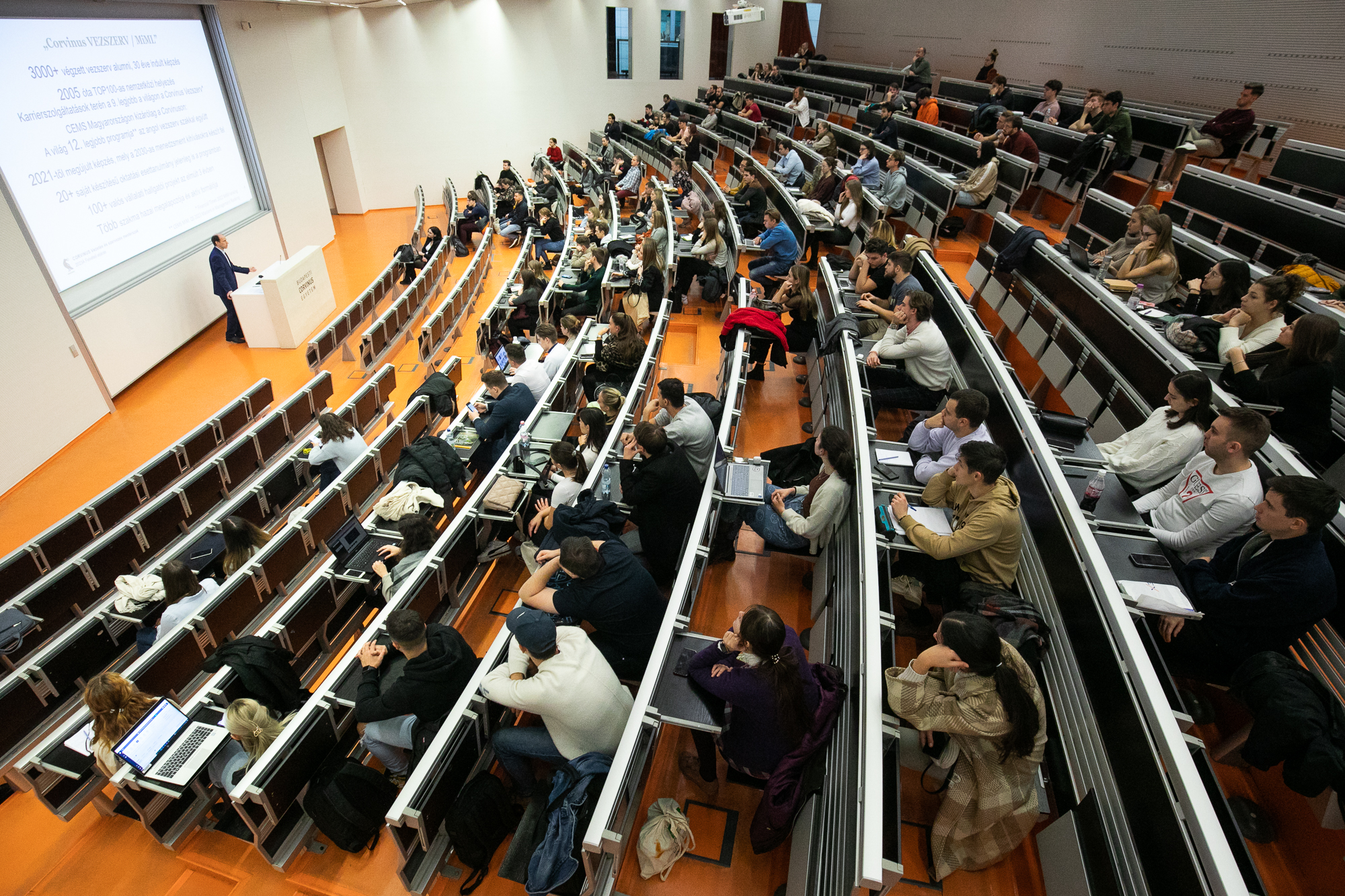Overall, around 7,500 international students can start their studies at the institution from September.Continue reading

Almost 13,000 people have been admitted to teacher training studies this year, twice as many as in 2022, the Minister for Culture and Innovation said at a press conference on Thursday. Balázs Hankó believes that Hungarian universities are also competitive at international level, with 12 institutions already ranked in the top five percent of the world’s universities.
“Serving the needs of the Hungarian economy, every second student admitted has been accepted into technical, natural science, engineering, IT, agricultural, medical, health science, teaching and teaching fields,” he said. The minister pointed out that the number of students enrolled in teacher training has doubled compared to 2022.
Balázs Hankó also pointed out that every second person was admitted to a university in a rural area. Moreover, a growing number of people want to study while working, as “one in five applicants is over 30 years old, meaning that they are able to participate in higher education while working.”
He also spoke about the increase in institutional autonomy:
universities can decide for themselves what they will give extra credit for, how much extra credit is worth a high school certificate, and what extra credit is given for sporting achievements.
In response to a question from Magyar Nemzet, Balázs Hankó explained how the international success of model-changing universities can contribute to keeping Hungarian students at home. In his opinion, Hungarian universities are also competitive on an international level, as 12 Hungarian institutions are already among the top five percent of the world’s universities. The minister pointed out that higher education is promoted by the competitiveness of Hungarian universities in the international arena.

Balázs Hankó. Photo: MTI/Lakatos Péter
If competitive knowledge can also be acquired at home, the other essential element of the model change is that they are integrated and intertwined with the Hungarian economy, immediately leading to the Hungarian labor market, the minister explained.
He also recalled the launch of the Pannonia scholarship program, providing 8,000 students with HUF 10 billion (EUR 25.5 million) to study at a foreign university and use the knowledge they acquire there at home.
Veronika Varga-Bajusz, State Secretary for Higher Education, Vocational and Adult Education, said: “Higher education has become a partner of the Hungarian economy and labor market in the last three years, since universities have been placed in a more flexible and competitive environment. She added that
the increase in the number of people enrolled in teacher training courses and the strengthening of rural institutions were very important steps forward.
She said that the figures for the last few years showed that the value of the university degrees had increased, as it now meant a salary multiplier of one and a half times.
Via Magyar Nemzet, Featured image: Facebook/Budapesti Corvinus Egyetem